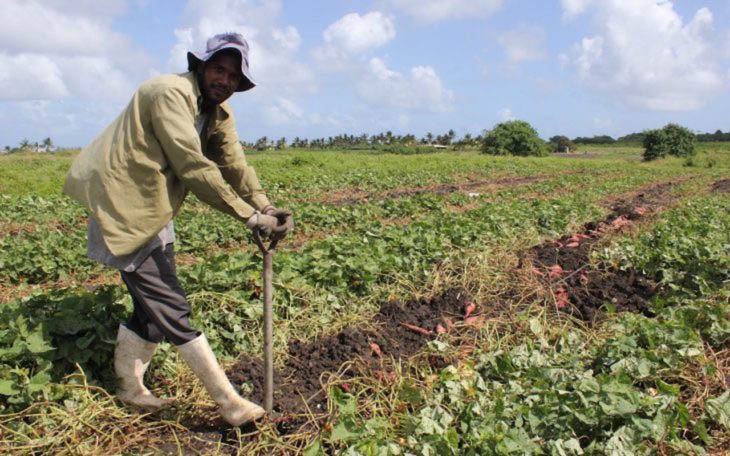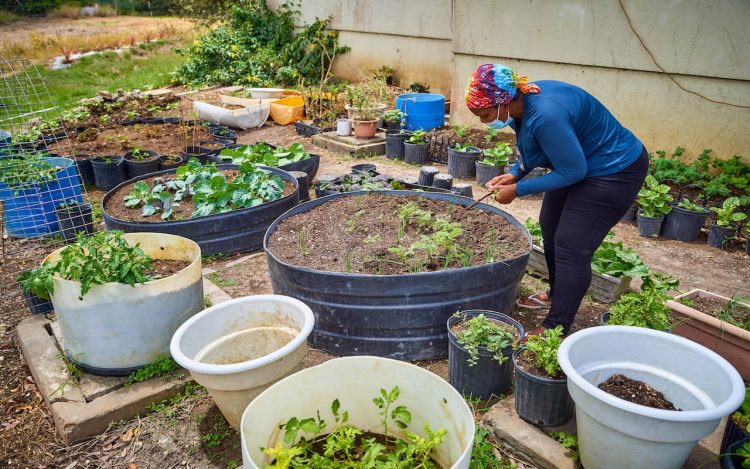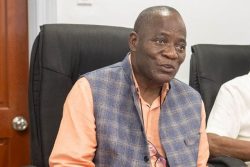Even as the regional discourse over what is widely seen as the lack of action by Caribbean Community (CARICOM) governments in response to charges that their fragile economies are inadequate to support the extent of the region’s food import bill, a former Barbadian senator and still active politician is challenging the administration of Prime Minister Mia Mottley to “place agriculture on the “front burner” of government policy.
Democratic Labour Party (DLP) Vice President and Spokesperson on Agriculture and the Environment Andre Worrell is challenging the Mottley administration to begin to look more seriously to the country’s agricultural sector as Barbados readies itself to entertain another influx of foreign visitors, whose tastes have impacted heavily on regional food imports.


“This Mottley-led administration continues to look to tourism as the way out of this economic slump we are currently in. But this has already proven to be an economic recovery plan which we cannot control,” Worrell is quoted in a regional media report as saying.
Even as the region continues to demonstrate a seeming indifference to investing significantly in the upgrading of its food production capacity Worrell holds the position that Barbados can build a sustainable resilient agricultural sector if the Mottley administration would invest in the sector to a comparable extent that it has, over the years, invested in tourism.
While Worrell found room to commend the Barbadian government for extending a Bds$2 million incentive to the country’s main feed suppliers in order to help maintain animal feed prices at current levels he says he believes that the monies should have been given directly to the country’s farmers. “When it comes to agriculture, one wonders why many struggling farmers cannot get cash incentives up front, to boost production in the sector,” Worrell queried.
While the region has paid much lip service to what CARICOM says is the need to enhance food production there is sorry little evidence of a pointed and sustained effort to move the economies of the region in that direction. Indeed, as a post-Covid-19 economic reconstruction initiative begins to unfold in parts of the region, there is as yet no evidence that food production will secure a higher place in the pecking order.
Insofar as the situation in Barbados is concerned, Worrell says that the productive capacity of farmers in Barbados is being compromised by what he asserts are high debt burdens and cash flow constraints.









